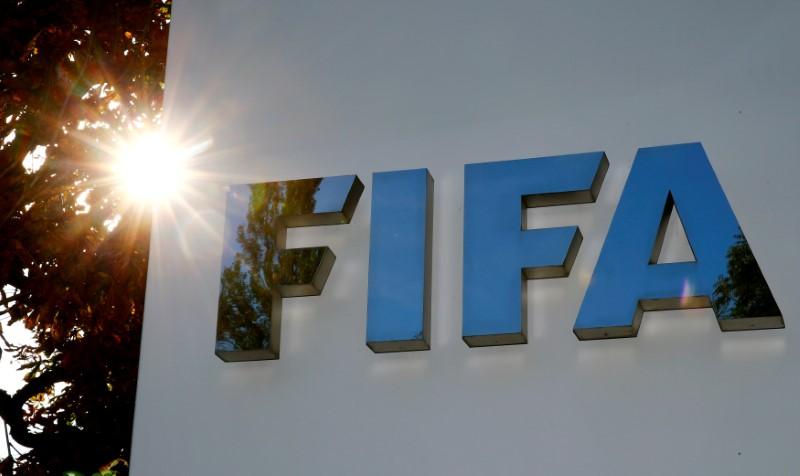In a groundbreaking move, FIFA has initiated a review of its policy that currently prohibits domestic league games from being played in other countries. This decision marks a significant departure from the traditional stance of soccer authorities, with potential hosts such as the U.S. and Saudi Arabia eager to attract competitive games from Europe’s top leagues. While this shift may raise concerns among fans about their teams playing home matches thousands of miles away, it mirrors the approach taken by American pro sports leagues to enhance their brands and engage with new audiences globally.
The prospect of European clubs playing regular league games in foreign territories is likely to appeal to the increasing number of international owners in top leagues like the English Premier League, Italy’s Serie A, and France’s Ligue 1. This move by FIFA represents a significant shift in strategy, as previously only ceremonial games like the Super Cup were played abroad as a one-off event. Despite the growing interest in international expansion, Premier League CEO Richard Masters has indicated that taking games abroad is not currently on their agenda, emphasizing the need for careful consideration and planning.
FIFA’s decision to create a working group to review the rules around out-of-territory games signals a potential shift in the landscape of global soccer. The panel, comprising representatives from various soccer stakeholders, aims to provide recommendations on amending current regulations that govern club games played outside their home territories. These rules were last updated in 2014 and require consent from the relevant member federations and confederations to host such games, highlighting the complexities involved in organizing international matches.
The move towards allowing European league games to be played outside their traditional territories has faced opposition in the past, with attempts such as taking Barcelona to Miami in 2019 being thwarted. Despite these challenges, FIFA’s directive to its working group to prioritize fairness and consider the impact on fans, teams, and leagues highlights a commitment to balancing the interests of all parties involved. This decision comes in the wake of a failed attempt to launch the Super League project in April 2021, which faced strong opposition from fans in England and Germany, underscoring the significance of engaging with stakeholders in any major policy change.
The ongoing evolution of global soccer is reflected in FIFA’s willingness to explore new approaches to hosting league games outside their home territories. While the idea of playing regular season matches in international locations may be met with resistance initially, it presents an opportunity for clubs to expand their reach and engage with fans around the world. By addressing concerns around fairness, advance notice, and potential disruptions to the existing football structure, FIFA aims to create a framework that balances the interests of all stakeholders involved. As the landscape of professional sports continues to evolve, initiatives like these demonstrate a commitment to innovation and adapting to the changing dynamics of the global sports industry.
In conclusion, FIFA’s decision to review its policy on out-of-territory games marks a significant shift in the traditional approach of soccer authorities towards international expansion. By considering the interests of fans, teams, and leagues, FIFA aims to create a framework that allows for greater flexibility in hosting league games outside their traditional territories. While this move may spark debate and raise concerns among stakeholders, it also presents an opportunity for clubs to build their brands and engage with new audiences on a global scale. As the working group appointed by FIFA begins its deliberations, the future of international club soccer could be shaped by a more inclusive and globally connected approach that reflects the evolving landscape of the sport.











